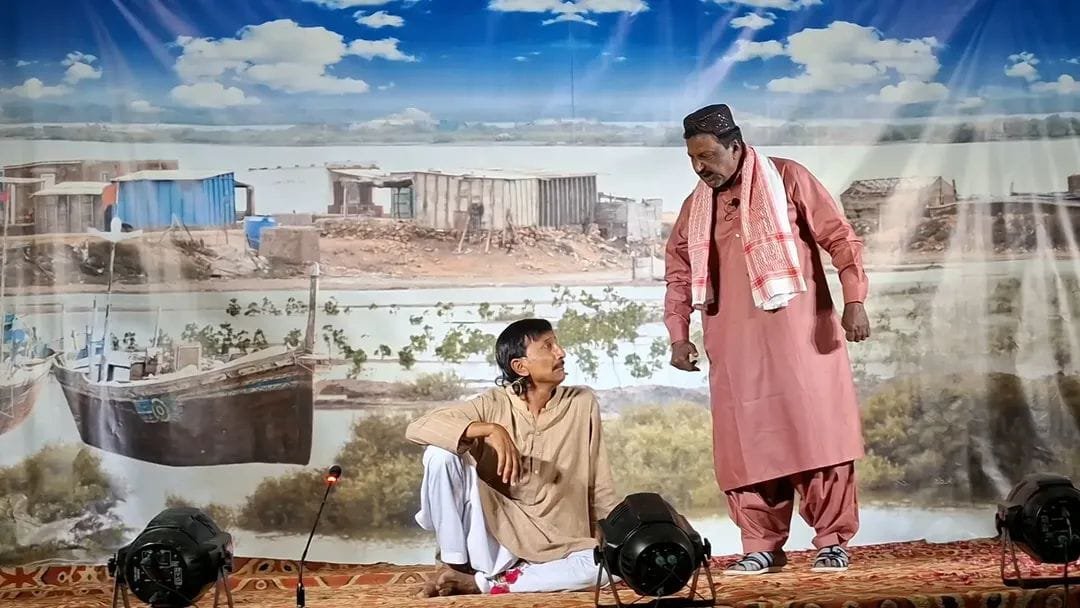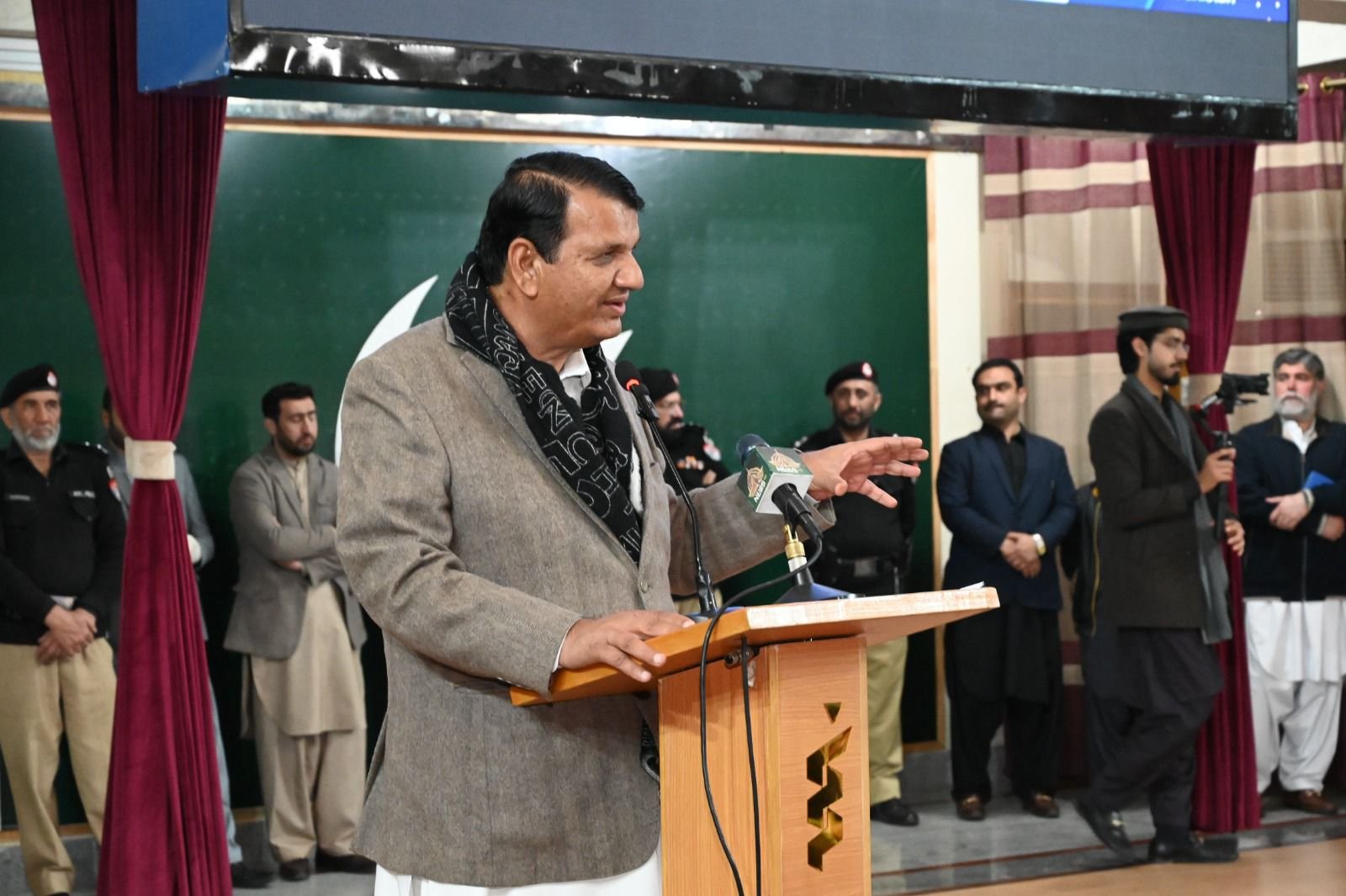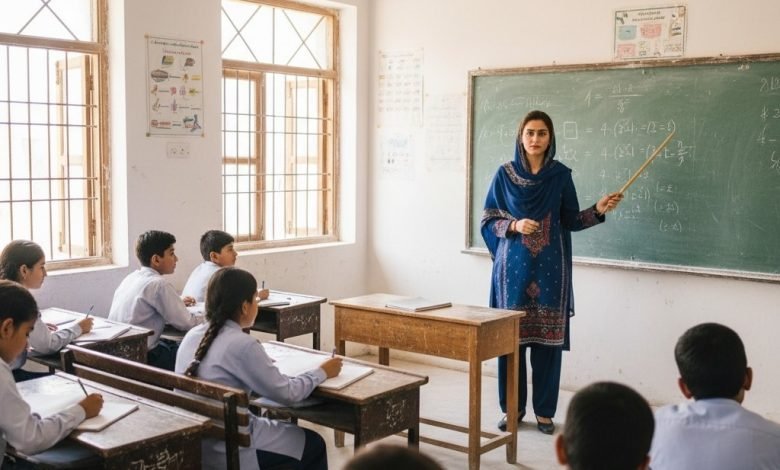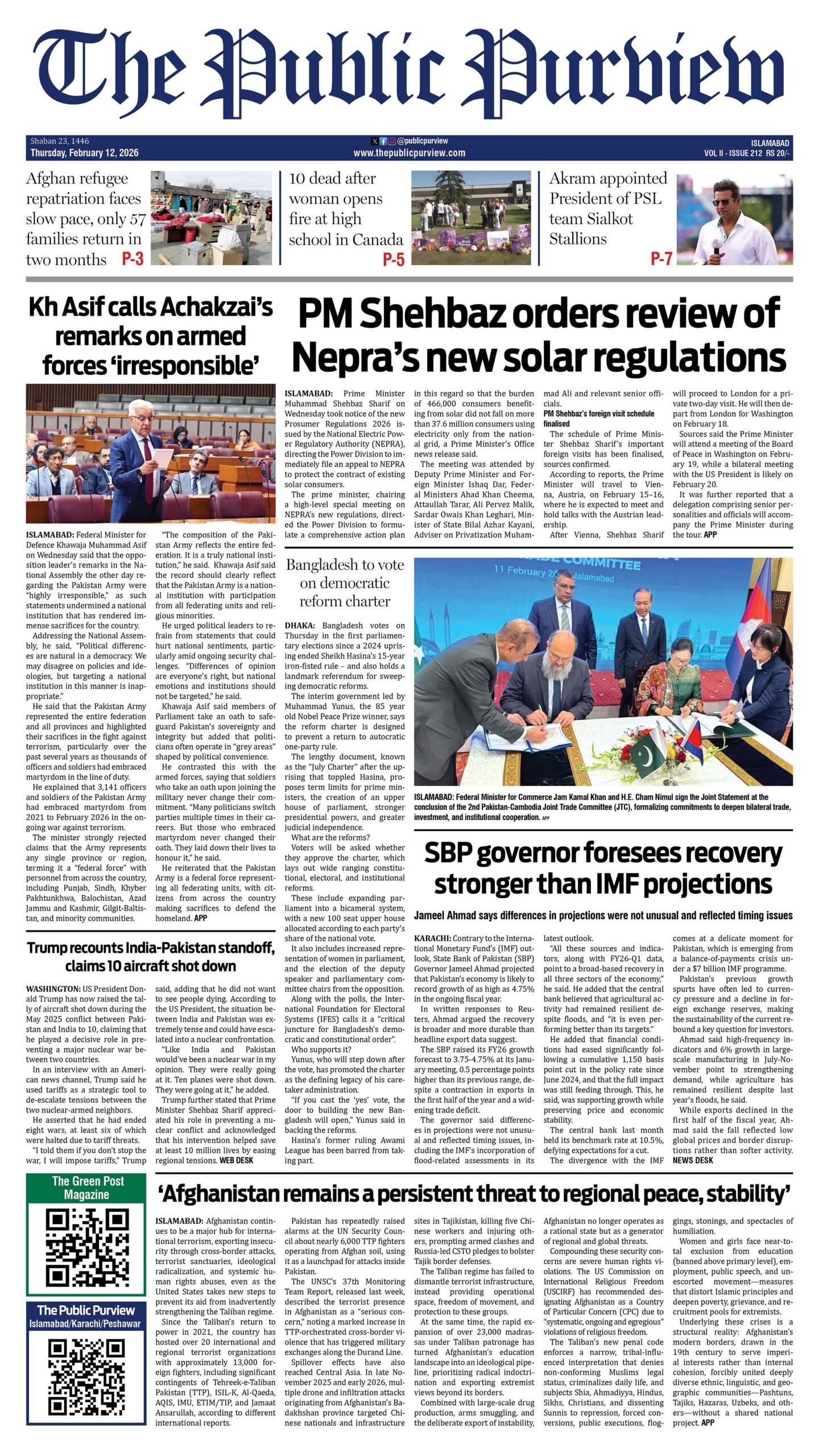Pakistan’s economic problems are red-hot but its growing population has become the biggest dilemma. On one hand health and education facilities are lacking for more than 25 million people on the other hand due to the housing societies built on agricultural lands. There is a shortage of food in the country, as a result we are importing vegetables from the countries like Turkey, India, Iran and Afghanistan.
Recently an emergency policy has been proposed to prevent population growth in Pakistan. A report has been released in collaboration with the UN Population Fund and PID in which an emergency policy has been proposed to prevent population growth in Pakistan.
In a recent Report It has been said that a large scale program should be started in the country for low birth rate. Reduction in child births should be encouraged and family planning services should be provided to prevent population growth. The report recommends that family planning services should be provided to reduce child births and intervals while sexual and reproductive health should be provided. Actions should be taken to improve the livelihood facilities.
The report stated that no trend of decrease in birth of children has been seen in any province. The report recommends that health and education budget should be increased to create opportunities for jobs.
There is a need to control the growing population in the country which requires further improvement of the family planning program which is not being implemented across the country. It should be remembered that the rapid increase in the population has caused the highest shortage of food while the next thing is the lack of jobs that is have bad effect on both the economy and the social order of the country.
Therefore it is necessary to take practical measures to save agricultural lands from destruction at the government level. If have a look at the conditions there are also court decisions in that regard in which it is clear that agricultural lands might not be used for commercial purposes. Despite of that the agricultural lands in the villages adjacent to most of the cities of the country, including the provincial capital Peshawar have been converted into housing societies.
In which many big capitalists have been involved and it look like that, no one can lay his hand on such land mafias. That is the reason every year the agricultural land is shrinking and the population is expanding uncontrollably which is causing socio-economic problems.
In that regard the first step that the government and the citizens have to take together is to control the speedy growth of population.
If the rate of population per family in the country is estimated, it is known that the number of people per family is between eight or ten. Which is sixty percent more than the developed world. If it is halved then this rate becomes six to five people per family. If the cities and villages are compared in the country, the population is growing very rapidly in the villages.
The main reason being that there is absence of awareness and education. Until a special program is created for villages than the population will be continue to grow on the same speed.
Therefore it is the responsibility of the Population department and government officials to spreads awareness in the society to ensure the implementation of family planning, to achieve that goal the government can create small pilot projects at the union council level.
For that purpose a regular mapping of densely populated districts in the country should be done, therefor the government agencies could understand, which districts require approximately planning and manpower.
On the other hand there is no active management system in the Department of Population Welfare, which can be used to assess how the staff are performing their duties. Action should be ensured that any policy issued by the government could be properly implemented.






 Today's E-Paper
Today's E-Paper